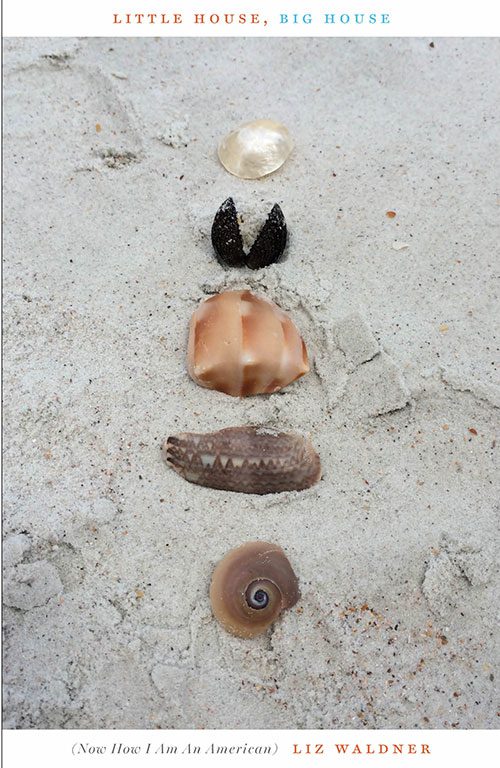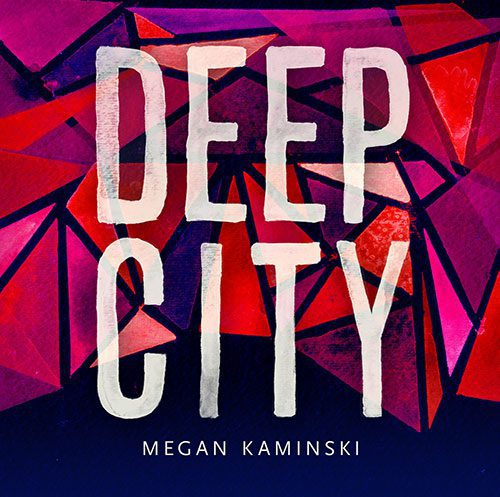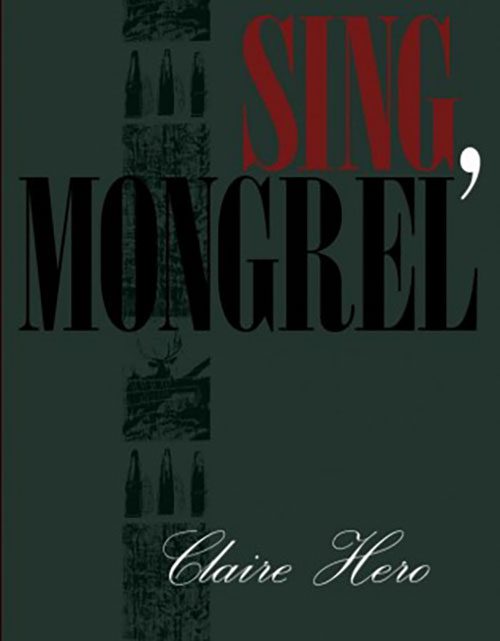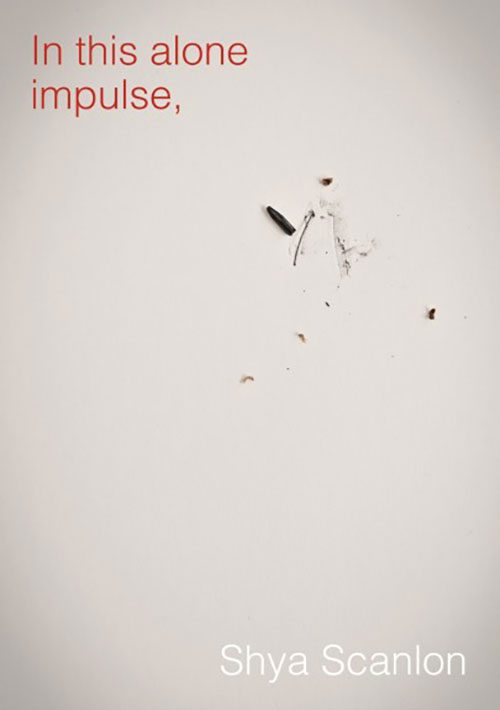The Fish & The Dove
by Mary-Kim Arnold
$9.99 – $18.00
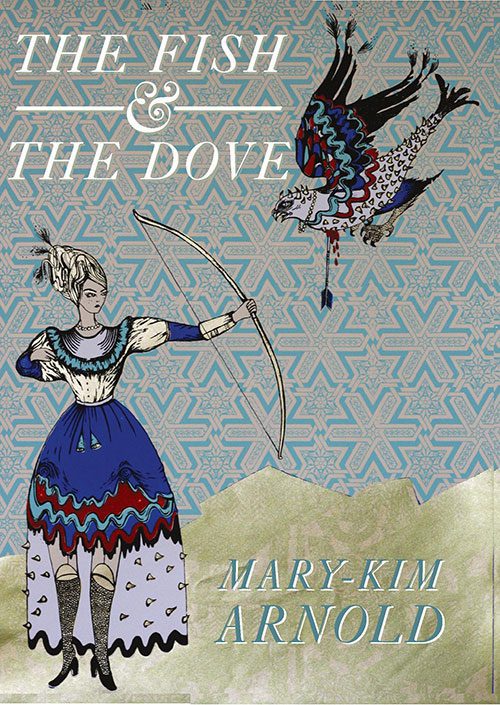
Blurbs
The shadow cast by the reflection, and the feeling, of looking into a mirror at oneself not only with one’s own eyes but with the eyes of another, especially the compounded eyes of many uninvited others—all threatening to disappear, but not leave—is long, bottomless, and engulfing. And yet in it exists The Fish & The Dove, and the vigilant, avenging poetics of (Saint) Mary-Kim Arnold. I feel, reading this liberatory book, the shattering of that precarious mirror, and, in the reconstitution of its shards, the reclamation of the life—the lives—it held under, faring forward.
Brandon Shimoda
Incredible writing for our times. The Fish and the Dove is powerful, raw, and honest in its attestations questioning the answers provided by those who decide the fate of another. Mary-Kim Arnold shares the lineage of strong voices like Ai Ogawa and Marosa Di Giorgio yet adds her own exquisite language. The Fish and the Dove is new wind for our literary landscape.
Sam Roxas-Chua
In The Fish & The Dove, Mary-Kim Arnold’s lyrical scope sweeps across intersecting terrains, moving through time to capture the history of occupation and legacy war in Korea, through the delicate tethers between biological mother, adoptive mother, motherland and daughter, and through the permeable membranes which exist between person and place; here, we follow an adopted Korean-born speaker from “American Girlhood” through womanhood and motherhood, witnessing what it means to be a woman in this world. “No war is forgotten to those who lived through it,” Arnold writes, and with this fiercely tender offering, she lays bare multiple wars: ones between countries, in memory, within a family, as well as the ones between women and men. When in war, “[o]ne must choose sides, it seems,” but Arnold deftly occupies both sides through careful vigilance–she looks forward, she looks back, keeping careful watch for menace. At the core of this collection is the legendary Semiramis who, born from an Assyrian goddess, married an Assyrian king, ruling his empire after his death in a time when a female ruler was unthinkable. Through persona and self-portraiture, as well as found language, Arnold has masterfully crafted a searing account of personal history unflinchingly situated within fraught contexts. “[T]ime is a robe stitched through with ash” that Arnold keeps “trying to shake off.” And it is an astonishing sight to behold.
Diana Khoi Nguyen
Every word Mary-Kim Arnold writes is moving, though all the words hold perfectly still. In these operatic meditations on war, its preludes and aftermaths, Arnold moves through the life-threatening condition of womanhood with terror, rage, and hunger. Semiramis — as legend has it, the orphaned daughter of a fish-goddess, fed by doves until she was found — who gathered the plucked-out eyes of men “in her skirts the way she carried / blueberries to her father as a child” — lives in these poems and invites you in.
Jordan Davis
